When we think of construction, we often picture towering skyscrapers, sturdy bridges, and smooth roadways. But behind these magnificent structures lies a humble yet critical component: aggregates. These unassuming materials are the essential building blocks of the construction industry in the United Kingdom, supporting everything from roadworks to residential development. In this blog post, we’ll delve into the world of aggregates in the UK, exploring their various types, quality standards, sustainability, regional variations, and more.
Types of Aggregates in the UK
Crushed Stone
Crushed stone, sourced from quarries across the UK, plays a pivotal role in construction projects. These small, angular stones offer versatility, making them ideal for road construction, concrete production, and even decorative landscaping. They provide strength and stability, ensuring that structures can withstand the test of time.
Gravel
Gravel, known for its rounded or angular stones, serves multiple purposes in the UK’s construction industry. From creating road surfaces to enhancing drainage systems, gravel’s unique characteristics make it an indispensable aggregate. Local quarries often produce various grades of gravel to cater to the diverse needs of construction projects.
Sands
Different types of sand are used as aggregates in the UK, each with its own set of applications. Fine sand, coarse sand, and sharp sand all contribute to construction processes. Fine sand, for instance, helps fill voids in concrete mixtures, while sharp sand is often used in mortar for bricklaying. Sands are readily available across the UK and are crucial components in construction.
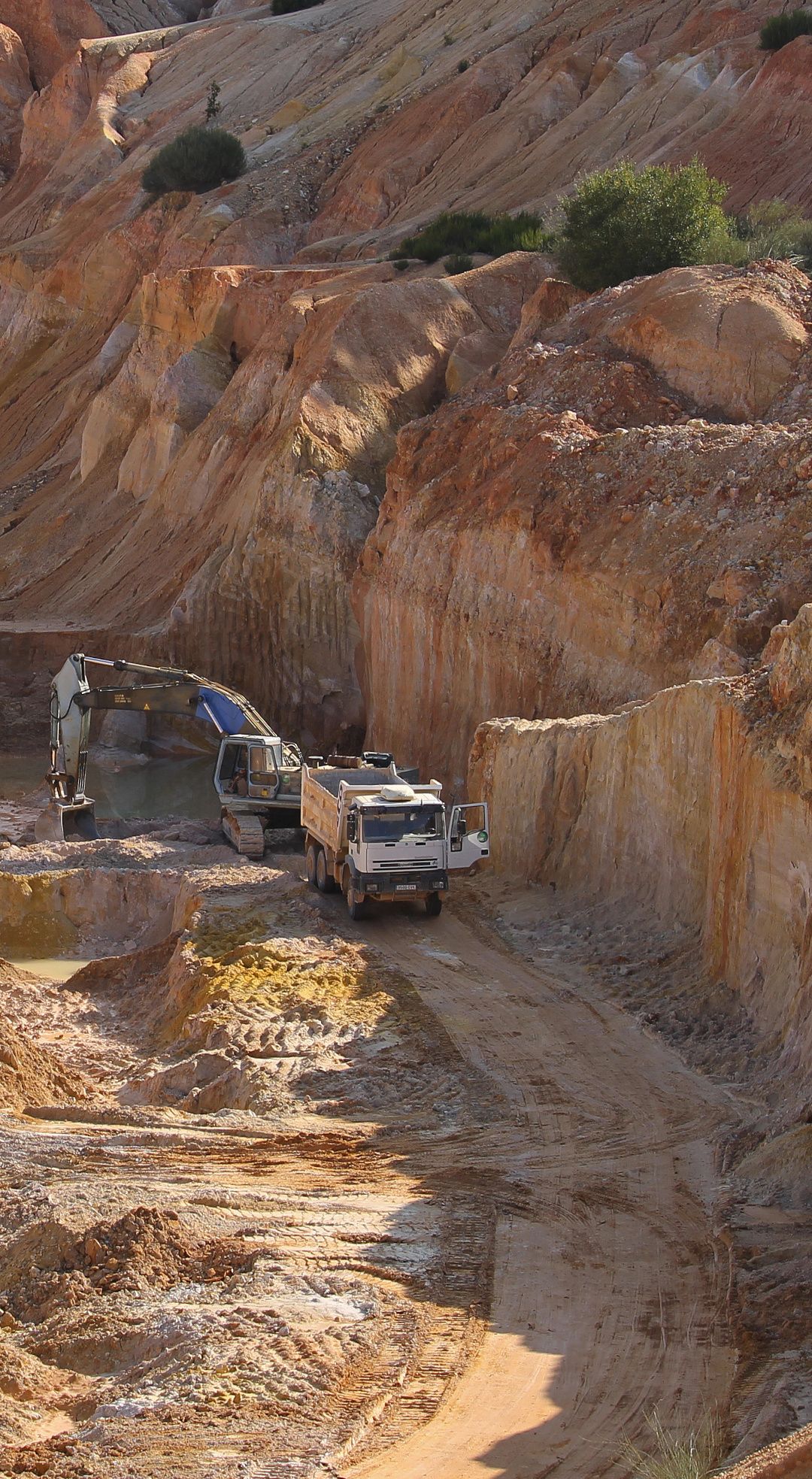
Quality Standards and Regulations
The UK places a strong emphasis on maintaining high-quality standards in the use of aggregates for construction. The British Standards Institution (BSI) sets guidelines to ensure the safety and durability of structures.
Following these standards is not just a matter of compliance; it’s about ensuring the reliability and longevity of the buildings and infrastructure that define our nation.
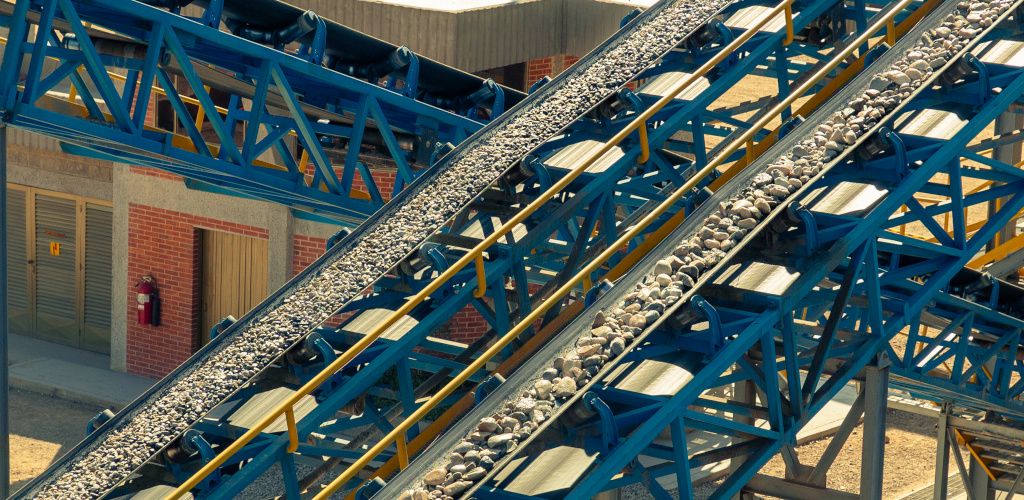
Sustainability and Environmental Considerations
In recent years, the construction industry in the UK has increasingly turned its attention to sustainability and environmental responsibility. The extraction and use of aggregates have an environmental impact, but the industry is evolving.
Sustainable practices are taking root, such as sourcing locally to reduce transport emissions and exploring alternative materials like recycled aggregates. These efforts are crucial in reducing the ecological footprint of construction.
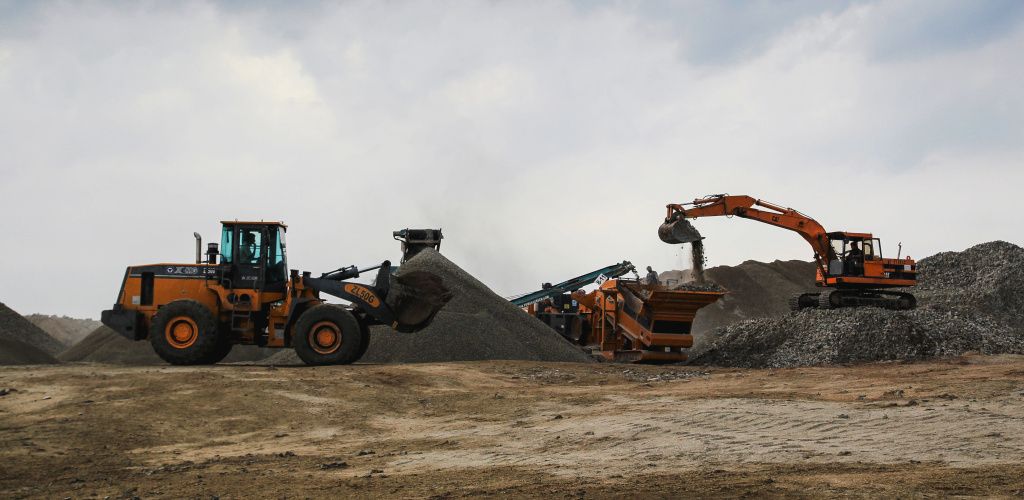
Challenges and Innovations
The construction industry in the UK faces several challenges related to aggregates. Meeting the demand for high-quality aggregates while minimizing environmental impact is no easy task. To tackle these challenges, the industry has turned to innovative practices.
Recycling materials and using alternative aggregates are becoming more commonplace, contributing to a more sustainable construction sector.
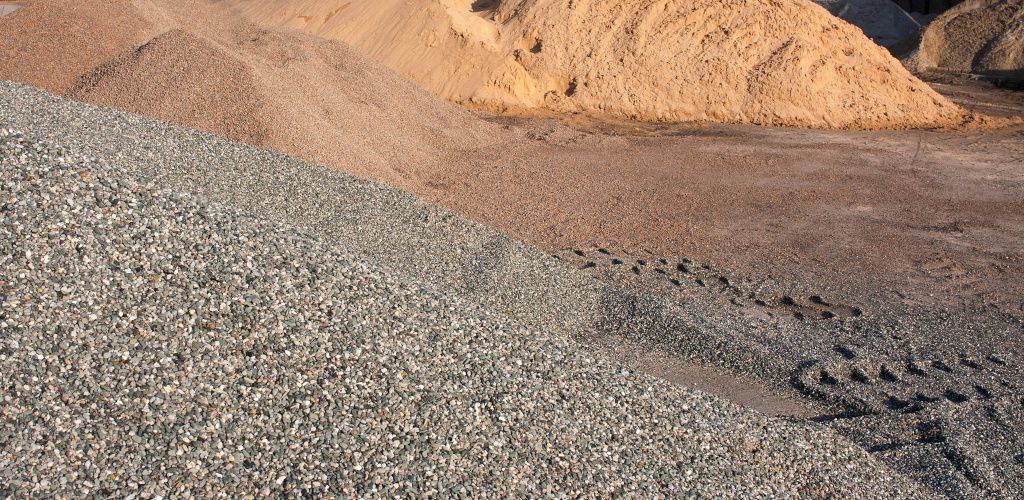
Local Sourcing and Regional Variations
One intriguing aspect of the UK’s aggregates industry is the regional variation in the availability of materials. What’s plentiful in one area may be scarce in another. This has led to a greater emphasis on local sourcing, not only for economic reasons but also for reducing the carbon footprint associated with long-distance transportation.
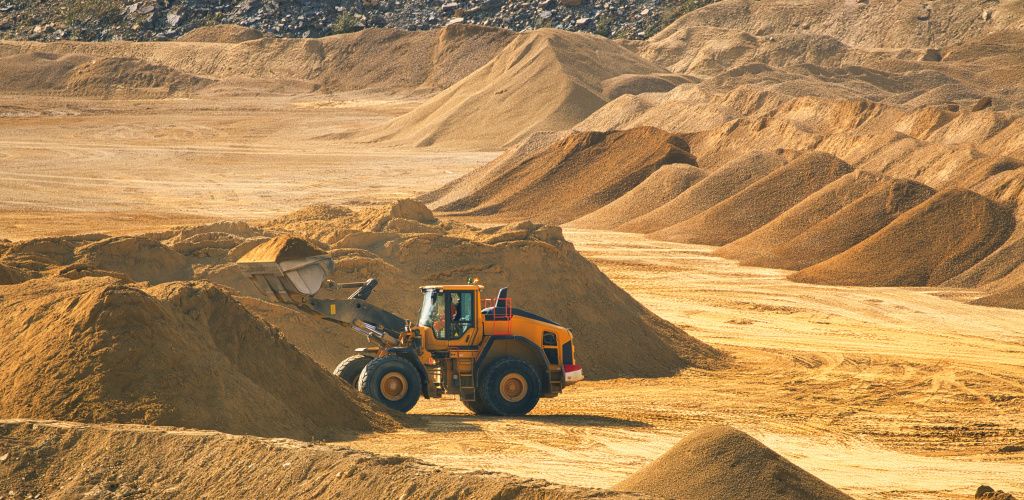
Conclusion:
Aggregates may not be in the spotlight, but they are the unsung heroes of construction in the UK. Their various types and applications underpin the strength and integrity of our built environment. To ensure safety and longevity, adhering to quality standards and regulations set by institutions like the British Standards Institution is paramount. Furthermore, the construction industry is embracing sustainability by adopting innovative practices, such as recycling and the use of alternative materials. These efforts are shaping the future of construction, one where our built environment is both robust and eco-conscious.
If you want to delve deeper into this topic or learn more about the standards set by the British Standards Institution, you can explore these resources:
- British Standards Institution (BSI)
- Mineral Products Association (MPA)
- Construction Industry Research and Information Association (CIRIA)
- And for your aggregates supply needs, visit Active Grab Hire

